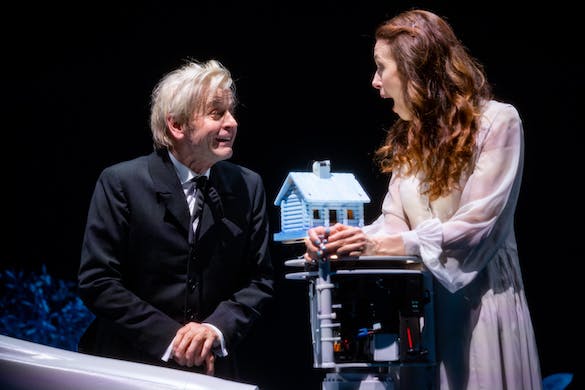
Santa Monica Establishes $3.5 Million Reparations Fund Despite ‘Dire’ Financial Outlook
By LUKE FUNK
|Igor Golyak’s ‘The Cherry Orchard’ includes a virtual as well as a live production and even touches upon the situation in Ukraine while mining the comedic and tragic aspects of the great playwright’s work.

Already have a subscription? Sign in to continue reading
$0.01/day for 60 days
Cancel anytime
By continuing you agree to our Privacy Policy and Terms of Service.

By LUKE FUNK
|
By MATTHEW RICE
|
By DONALD KIRK
|
By CARL ROLLYSON
|
By BRADLEY CORTRIGHT
|
By CARLOS SOUSA
|
By LUKE FUNK
|
By JAMES BROOKE
|